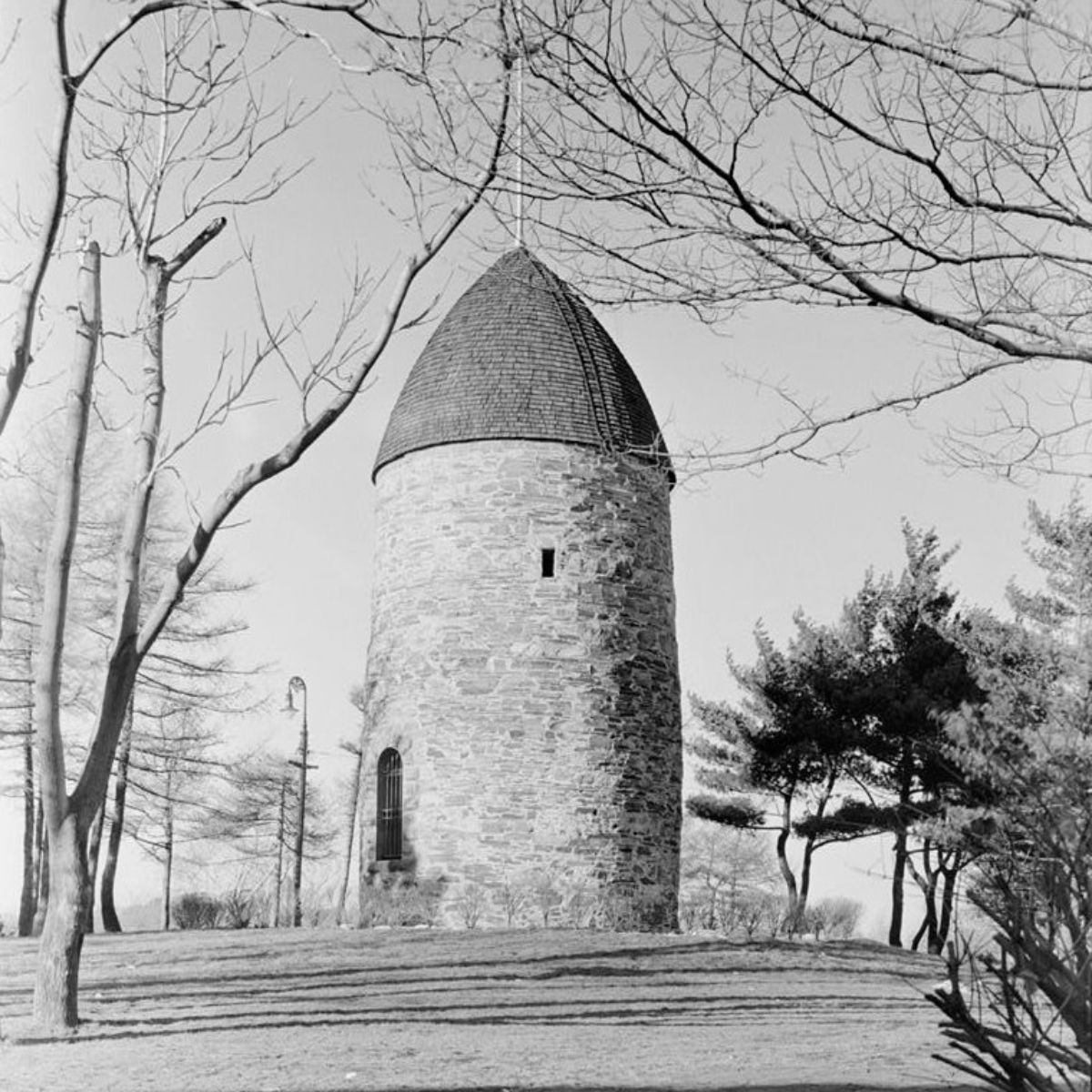The Powder Alarm took place on September 1, 1774, in the Massachusetts Bay Colony. It preceded the Battles of Lexington and Concord and was one of the first aggressive actions taken by the British soldiers under General Thomas Gage. Gage ordered the British soldiers to remove gunpowder from a magazine. The engagement was small (Not really an engagement at all), but it alarmed the countryside and raised the concern of rebel leaders Joseph Warren, Samuel Adams, and John Hancock. It hasted the organization of a sophisticated alarm system that would be used during the Battles of Lexington and Concord. It also caused much friction between the British and the provincials over control of ammunition.

Overview and Result of the Powder Alarm
Boston had been a hotbed of resistance since the Stamp Act of 1765, and British actions taken after that only resulted in more resistance. The Boston Massacre, Gaspee Affair, Townshend Acts, and Intolerable Acts had pressed the economy of the New England Colonies and confirmed the argument that the Sons of Liberty and many of those favoring independence had argued since the Stamp Act, "No Taxation Without Representation." In response to the multiple acts of Parliament, the 13 original colonies created Committees of Correspondence. This allowed the colonies to communicate with each other and alert other colonies of incidents that had occurred. This committee would lead to the founding of the Continental Congress and, eventually, the United States Congress.
The British perspective was a valid one that asked the colonies to pay their fair share and not place the tax burden solely on their citizens. While Parliament and the English population were split, King George III intended to make the colonies submit. This gave Thomas Gage the impossible duty of holding the Bostonians in check despite an incredible amount of resistance. He was undermanned but still served the crown admirably. He was given permission to use any possible method of suppressing the rebellion.
Throughout Middlesex County, the British had stockpiled supplies. These stores varied in appearance. Some were within garrisons, and some were stored under lock and key. The provincial government had once been in support of British rule, but when these opinions shifted towards independence from Britain, the British were left at a distinct disadvantage. The stores of ammunition that were once under the British government were now in the hands of the provincial government. Gage received a letter from William Brattle, who was the leader of the provincial militia, that the King's powder was the only supply remaining in that storehouse. This particular storehouse was in Charlestown. Gage decided it best to send troops to recover the King's powder and bring it back to Boston.
On August 31, Gage sent David Phelps to meet William Brattle to remove the provincial powder. Brattle quickly turned over the key, and all seemed to be going well. Unfortunately, Gage miscalculated and ordered his men to be ready for action the next day. Phelps went unnoticed by the population, but the mustering of British troops did not pass Joseph Warren's observant eye. Early the next morning, approximately 260 British regulars were rowed in secrecy up the Mystic River, landed near Winter Hill, and marched a mile towards the Powder House. Once the ammunition was removed, most of the regulars returned to Boston the same way they had come, but a small detachment marched through Cambridge, removed two field pieces, and took them back to Boston.
Responses
The action was insignificant but stirred many rumors. One of these rumors was that the British had opened fire and killed the citizens of Massachusetts Bay Colony. The rumors were untrue, but Gage's actions had ignited an alarm system that had been untested since its inception. Militia began to muster and readied themselves for battle. The battle did not come but became a dry run for what occurred during the Battles of Lexington and Concord.
Thomas Gage did not realize the size and scope of the Boston militia and canceled his second expedition to Worcester. Instead, he focused his troops on Boston and sent word to England that he needed more men. They sent him 400 marines, and he continued his expeditions and fortified the Boston peninsula.
In response to the Powder Alarm, the commanders met in Worcester on September 21, 1774, and organized a third of the militia into elite/special forces known as minutemen. The Minutemen would play an important role in the upcoming battles.
